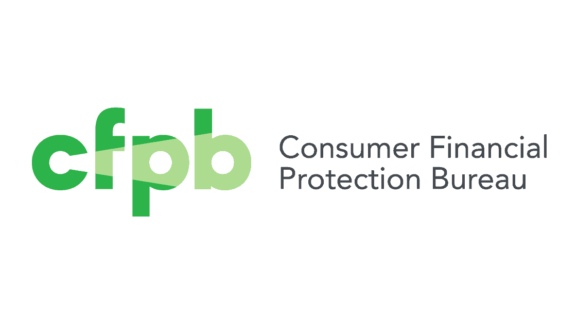My Response to the CFPB’s “Junky” Regulatory Inquiry on Fees

Photo Credit: Getty
In response to the Consumer Financial Protection Bureau’s (CFPB) “request for information” on what its Director Rohit Chopra has labeled as “junk fees” on financial services products, I recently filed comments with the CFPB stating my view of the junky nature of its regulatory crusade against these fees.
Pointing out that “’junk fees’ is a subjective and paternalistic term,” I urged the CFPB to “end its inquiry into ‘junk fees’ soon and take no further regulatory action regarding them.” I noted that the Dodd-Frank financial overhaul, as far reaching as it is, gives the CFPB no power to ban or restrict so-called junk fees. I stated that “although we have argued that the term ‘abusive’ is vague and its definition should be tightened, that term at least conveys a seriousness that is entirely missing when CFPB choose to utilize the word ‘junk’ to describe fees its leadership does not like.”
I pointed out that fees in the financial sector and other product markets serve many beneficial purposes, including that ensuring that only consumers who use a particular service are billed for its cost. “If those fees were to be banned, all consumers—including lower income-consumers—would likely be charged more to subsidize the cost of a particular service,” I wrote. “How would that lead to fair and equitable results?”
I added that fees “can also denote external costs, providing consumers needed information to seek appropriate public policy changes through their elected representatives.” Such is the case with a fee designed to cover a tax.
Above all, I noted the fees “convey price signals that increase transparency and give consumers important information in their decisions about products and services.” I quoted Stan Vueger, American Enterprise Institute economist and senior fellow, who told me in an interview that if regulators “blur the price signals” by banning or heavily restricting fees, consumers “won’t get to the optimal outcome.”
At the end of my comments, I included recent congressional testimony on overdraft fees from Todd Zywicki, professor of law at the Antonin Scalia Law School of George Mason University and a board member of CEI. Noting that Zywicki was also chair of the CFPB Taskforce on Federal Consumer Financial Law, which released comprehensive recommendations last year to improve consumer welfare, I called on the CFPB to read carefully his testimony on “the significant benefits that overdraft protection has provided to consumers and the competition in the financial market that gives consumers alternatives to fees.”
In my congressional testimony in July, I also noted financial technology (FinTech) innovations in the competitive financial services market greatly reduced, but didn’t eliminate, fees. “Innovators in every region of America—from the coasts to middle America, where I hail from originally—are creating financial products and services to serve every sector of American consumers and small-business entrepreneurs,” I concluded. “The government has a role in ensuring clear disclosure and swift punishment of fraud but should refrain from either heavy-handed regulation or the creation of state-owned financial services entities that could smother and crowd out this innovation.”